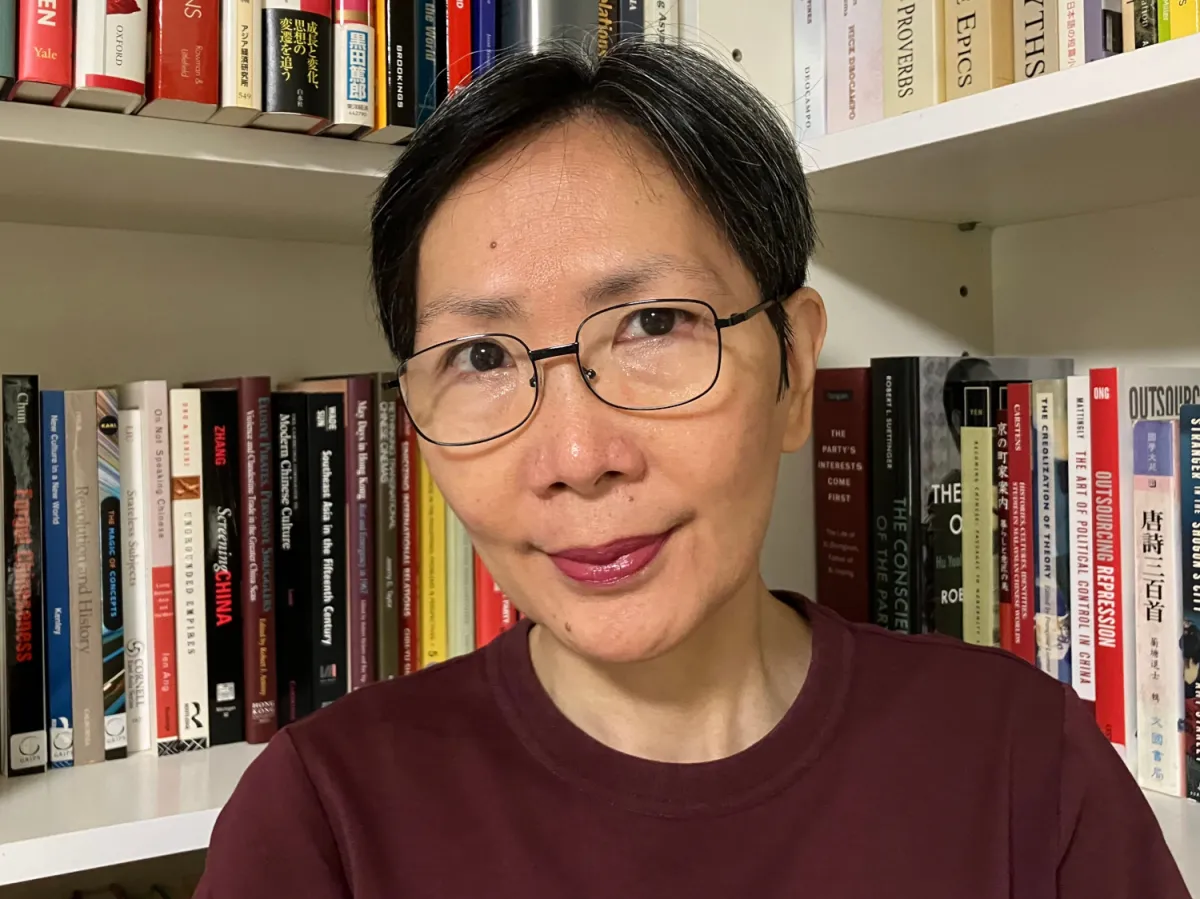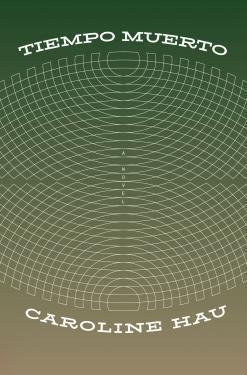Dead time, dead land

 Ateneo
AteneoCaroline Hau | Tiempo Muerto | Ateneo de Manila University Press | 275 pages | 445 PHP
Those who read Marlene van Niekerk's great 2004 novel Agaat, a dense story about the relationship between a domestic worker and her mistress on a South African farm, will remember just how symbiotic hierarchies can be, and the difficulty in giving to the powerless a language and a voice to tell their story. But Niekerk also showed how the microcosm of a lonely, isolated life can illustrate the history of an entire country, with a force and truth that remains relevant today.
Filipino author Caroline Hau takes a similar approach to illustrate the numerous dilemmas facing Filipino society, which, like South Africa, has been impacted by centuries of colonialism. Although Tiempo Muerto, which was published in the Philippines in 2019, is Hau's debut novel, she is by no means a "blank slate". Until her retirement this year, she was Professor of Southeast Asian Literature at Kyoto University's Centre for Southeast Asian Studies and has published both literary and historical books, for which she has received the most important Philippine literary prize, the National Book Award, seven times. Tiempo Muerto also received this award, and rightly so. For the way in which Hau integrates Philippine history with the present here is reminiscent of her complex claim to do justice to the sometimes overly large shadow of Philippine literature, José Rizal, as in her essay On Not Reading Rizal published on Literatur.Review.
Rizal himself does not appear in Hau's novel, but she does address the reading culture of the Philippines, where the only books that are read for pleasure are not Rizal's two masterpieces, but the Bible and cookbooks, and where books are no longer considered a miracle weapon in the political bag of tricks to win votes. It is important to mention this small aside, because like Niekerk's, Hau's novel is also highly political. Unlike Niekerk's rural wasteland, however, Hau introduces politicians, and her novel is fundamentally much more far-reaching; she goes beyond the Philippines to Singapore, and the hierarchies that the Filipino Overseas Workers (OFW) are exposed to there as in their own country:
We foreign workers are like ghosts. We are visible and invisible, inside and outside, there and not there.
We live with families without being a part of them. We work at home without being at home, we are housebound and homeless. We blur with the furniture and walls, disappear around corners, hardly play a role in the eyes and thoughts of these people.
We know things that we are not supposed to know: Men cheating on their wives, second families in China, battered wives, abused children, overbearing parents, sons going to brothels, daughters attempting suicide, failed business deals, money disputes, teenagers getting pregnant and having abortions, cheating on school exams, sexually transmitted diseases, addiction to prescription drugs, gambling and porn on the internet, alcohol problems, depression and psychosis.
In this way, Hau almost incidentally shows how the colonial structures of the past are reproduced again and again, even outside the Philippines. However, in a compellingly precise and emotional way, Hau primarily tells the story of a mysterious disappearance, from the perspectives of two very different women. One is Racel, a domestic worker from Singapore who comes from a small island in the Philippines. Her mother worked there as a domestic servant in the mansion of the rich and powerful Agalon family. When Racel learns that her mother has been missing since a typhoon, she is granted two weeks' leave to go there to look for her. The other is Lia, who meanwhile is traveling from Singapore to Manila and from there to the same island. She is the daughter of the Agalons and has been banished to the island by her family in order to silence the rumours about her divorce and her affair with a fitness trainer. The two women were very close in their childhood, as Racel's mother was Lia's nanny. But this half-sisterly relationship has long been forgotten, thanks to class differences.
Hau connects these levels as the symbiotic relationships between the classes allow. They are separate, yet progress together in time. Through these narrative levels, which are filled with elements of ghostly tension, Hau not only describes with ruthless clarity the power relations in the Philippines, where almost 250 family dynasties have divided power since the revolution and independence (fuelled in part by José Rizal). No, equally unsparing is her depiction of the malaise of the oppressed, who are consistently marginalised by language, skin colour and property ownership:
After many years in this country, I quickly recognise where invisible fences are meant to keep domestic workers and labourers out of public and private places. It is no different here than in Manila where we are judged by the colour of our skin, the condition of our teeth, by our language, our dialect, our clothes and shoes, by the way we walk and stand, by what we eat, by the neighbourhoods we occupy, by the people who are our relatives and friends.
The month of inactivity - described in the original title of Hau's novel as "dead time" (Tiempo Muerto ) - the month when the sugar cane grows and which once shook the sugar cane farmers to the core, now extends to the whole year in Hau's novel. Just as Niekerk uses her farm as an illustrative microcosm for the bigger picture, Hau's island stands for an entire country groaning under nepotism and corruption, abandoned by all good spirits, ghosts (and people) and basically dead.
It is, then, the ghosts that ultimately offer the only glimmer of hope in Hau's intelligent and moving novel. The ghosts of a revolution that might still exist in the mountains and perhaps even prevent the final desecration of the country - in Hau's case, the selling off of the island as an international luxury resort. And then there is the hope that the dead and their souls may also gain the ability to move away from a country that is no longer even suitable as a burial and resting place for souls, in order to unite in exile with the living, the politically exiled and the many economic migrants.
Did you enjoy this text? If so, please support our work by making a one-off donation via PayPal, or by taking out a monthly or annual subscription.
Want to make sure you never miss an article from Literatur.Review again? Sign up for our newsletter here.



